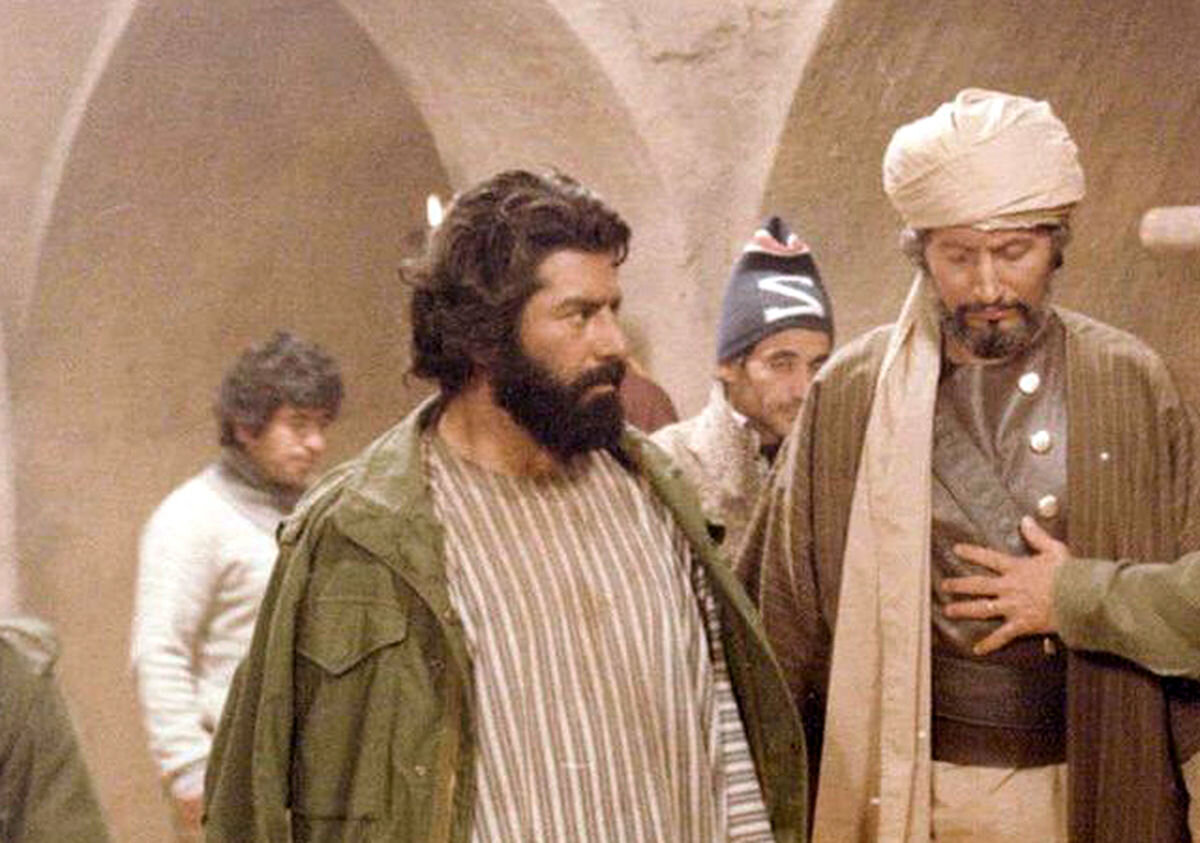Portrayal of Ashura through the lens of Iranian cinema: Part 1

TEHRAN – The Ashura event is one of the most dramatic and profound historical occurrences. It marks the martyrdom of Imam Hussein (AS), the third Imam and the grandson of Prophet Muhammad (PBUH), along with his 72 loyal companions.
The rituals and processions during Muharram, particularly the reenactments of the Battle of Karbala and the martyrdom of Imam Hussein, have deeply influenced Iranian cinema and make the event a compelling subject for countless works of art, directly and indirectly.
Ashura is undoubtedly the most magnificent event in the history of Islam. Its unique and powerful essence possesses the remarkable ability to inspire a creative and cultural renaissance.
Moreover, preserving and safeguarding this incredible heritage is of utmost importance in the modern world, requiring dedicated and diligent efforts.
In this regard, transforming the event into the language of film and visuals is one of the remarkable endeavors to be pursued.
The Iranian audience has always embraced stories of heroism, martyrdom, and self-sacrifice, as they deeply connect with their cultural and religious heritage.
Movies and series provide an exceptional platform offers remarkable potential for visual storytelling and showcasing the different angles of this event.
However, this tremendous capacity has not been fully realized in recent years due to various reasons.
Producing historical and religious films depicting the Ashura event is an endeavor that demands a significant budget. It is only natural that this responsibility should not fall on the shoulders of the private sector alone. Instead, it is imperative for government organizations, as well as Islamic Republic of Iran Broadcasting (IRIB) to invest in the creation of these impactful works.
It is important to highlight that Iran's cinema and television, both prior to and following the revolution, were imbued with Ashura ideology. However, after the Islamic Revolution in 1979, the emphasis on Ashura concepts grew even stronger, given that Iran's Islamic Revolution was deeply rooted in these principles.
Here is a list of movies and TV series, all created post-Islamic Revolution, that draw inspiration from the momentous Ashura event:
“The Messenger” by Fariborz Saleh
Made in 1982, “The Messenger” stands out as one of the pioneering Iranian film centered on the Ashura incident. The film was created amidst the hardships endured by its crew during the Iran-Iraq war, ultimately emerging as a remarkable work of Iranian cinema.
The film tells the story of Qays ibn Musahir al-Saidawi, who embarks on a journey to Kufa carrying a letter from Imam Hussein (AS), entrusted with the task of delivering the powerful message to the people of Kufa and their Sheikh Sulayman ibn Surad.
Once he arrived in Kufa, his journey took a devastating turn as he was apprehended by the agents of Ibn Ziyad. Without warning, he was swiftly thrown into the confines of a prison, leading him down a path towards martyrdom.
“The Messenger” is a groundbreaking Iranian film that boldly addresses the Ashura event, making it the first of its kind. The mesmerizing story is as captivating as it is meaningful, and the inclusion of skilled actors, who have left their mark in diverse films of the re-Revolution era, adds a captivating allure to the movie.
Saleh was able to present both positive and negative characters in the story of the film to the audience by utilizing famous actors in pre-Revolution era films. Through the casting of Faramarz Qaribian as Qays, who had previously crafted a positive image in Masud Kimiaii's “The Deer” in 1975, Saleh effectively harnessed the audience's preconceived notions.
In addition, the presence of actors like Jalal Pishvaian and Kazem Afrandania, who portrayed senior agents of Ibn Ziyad, added depth to the character portrayals. These actors were known for their exceptional performances in traditional antagonistic roles in films from the pre-Revolution era.
Although “The Messenger” and its reception by the audience raised hopes for more films exploring Ashura themes and the tragic incident of Karbala, this direction in cinema was short-lived.
Soon, the focus shifted towards the TV series, and the works produced for television in this genre became even more popular than their cinematic counterparts.
To be continued
Photo: Iranian actor Faramarz Qaribian at the “The Messenger” backstage
ABU/
Leave a Comment